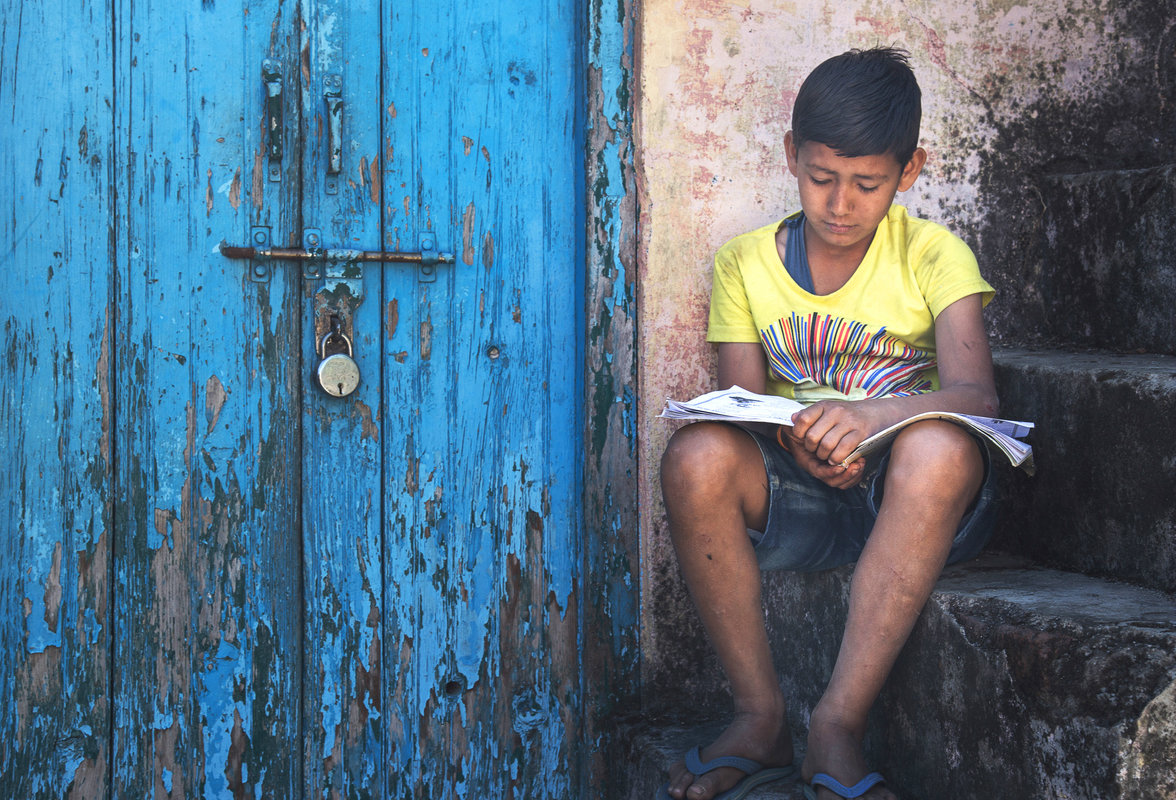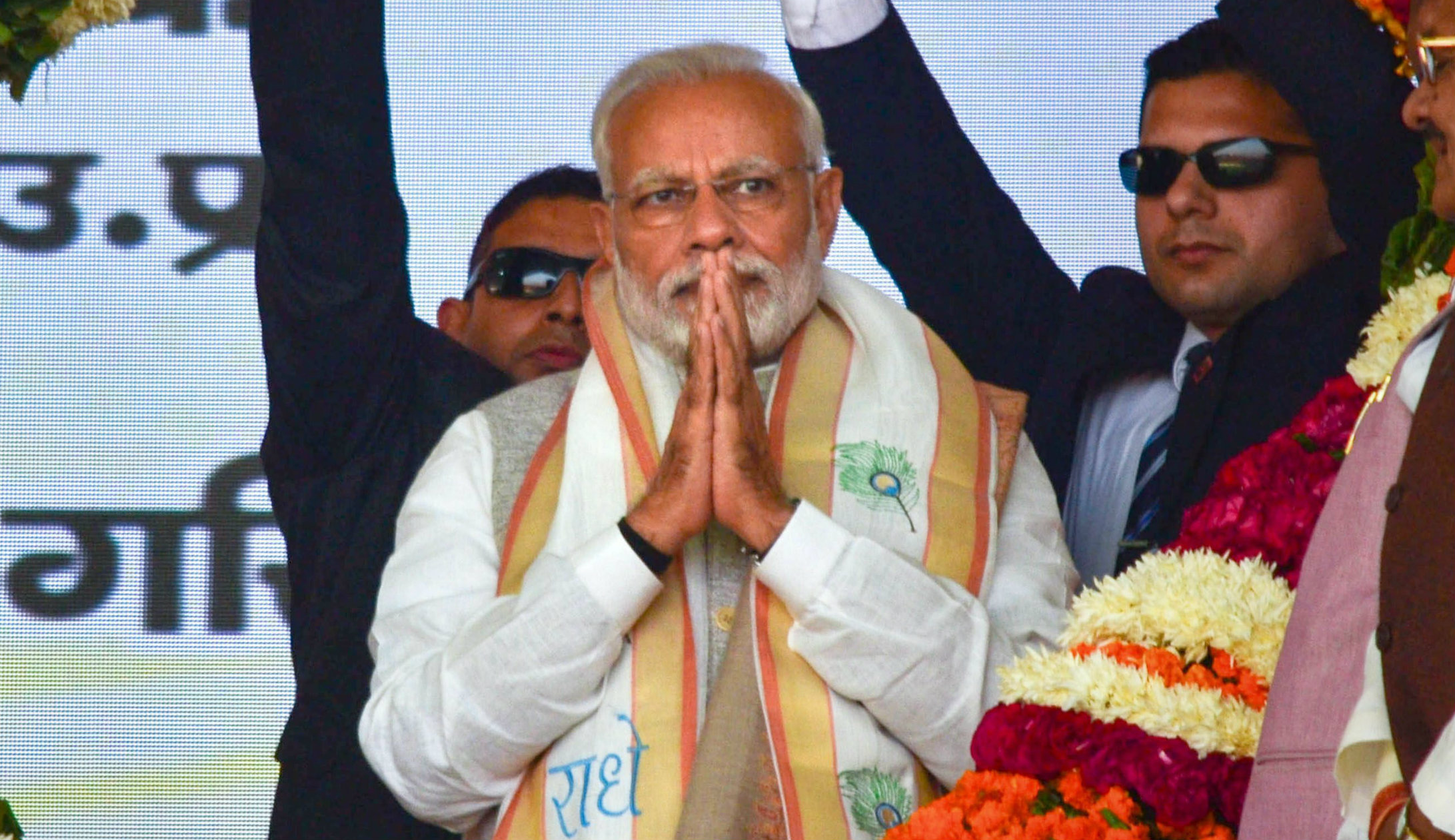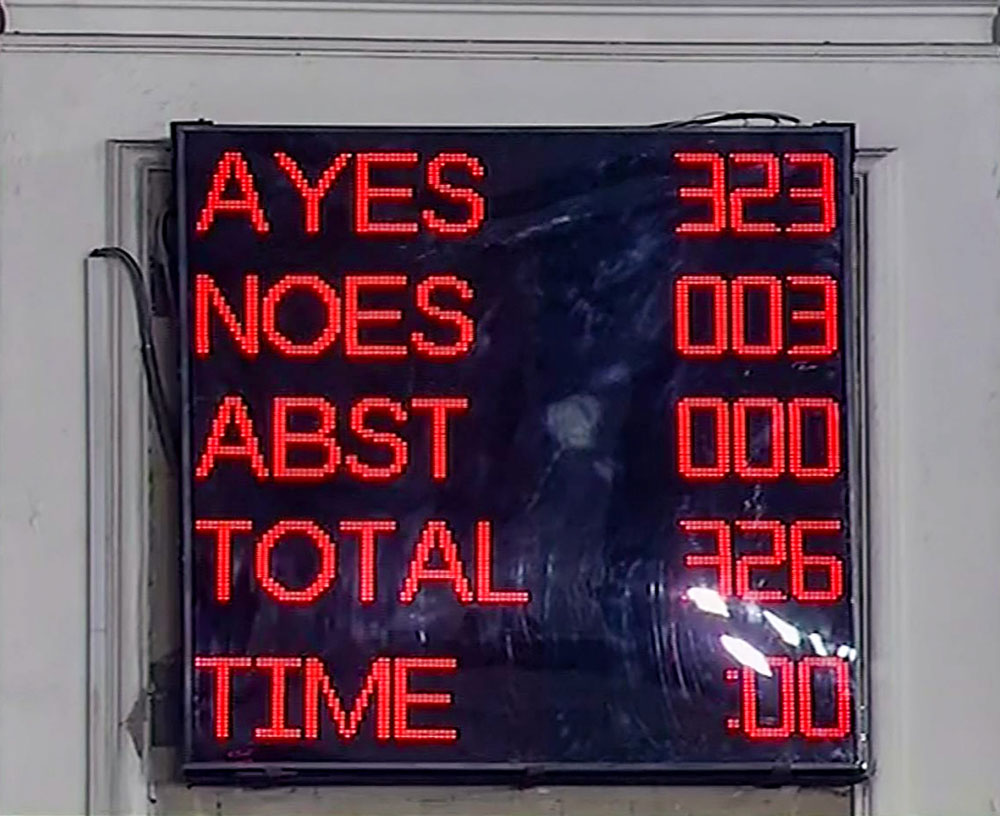Ambedkarite scholars and activists have contrasted the NDA government’s hurried passage of the economic quota, seen as a pre-election sop for the upper castes, with its tardiness on three matters relating to reservation or promotion for the socially disadvantaged.
Two of these relate to possible legislation for the welfare of the deprived sections; the third to the slow and staggered implementation of a Supreme Court judgment granting promotion to 25 Dalit and tribal government employees.
“The government’s priority is the upper castes. If it pushes through legal measures for the Scheduled Castes, Scheduled Tribes and Other Backward Classes, the upper castes will be annoyed,” N. Sukumar, a Delhi University teacher and Ambedkarite scholar, said. “It has no vision for social justice. It wants to end reservation (for the deprived sections).”
One of the issues he cited was the human resource development (HRD) ministry’s failure to bring in a bill providing reservation for socially disadvantaged students in private higher-education institutions, a move enabled by the 93rd constitutional amendment of 2005.
In 2006, the then UPA government enacted reservations for Dalit, tribal and OBC students in government-funded institutions, but the constitutional validity of the 93rd amendment’s application to private institutions was challenged legally. In 2011, Allahabad High Court held it unconstitutional, prompting the Centre to appeal in the apex court.
The appeal remains pending. Ambedkarites highlighted that the government had neither moved an interlocutory application to speed up the hearing, nor brought in legislation to get around the judgment.
HRD ministers of the UPA government had several times assured Parliament that they would bring in such a bill. But under the NDA, the ministry last August wrote to the Lok Sabha’s “committee on government assurances” asking it to drop these past assurances, citing the Supreme Court case.
If the assurance is dropped, the government will be free from the parliamentary obligation to explain its delay in drafting or introducing the promised law.
Second, the Union cabinet has been sitting on a bill the HRD ministry sent it on December 20 to bypass an Allahabad High Court judgment of 2017 that said teacher reservation should be implemented taking each department, and not the whole institution, as a unit.
Compliance with the judgment would drastically reduce the quota seats available. Amid a political controversy, the HRD ministry and the University Grants Commission separately petitioned the Supreme Court against the verdict.
HRD minister Prakash Javadekar told Parliament that the government was in favour of institution-wise quota enforcement. While the government appeal lay before the apex court, the ministry drafted a bill to circumvent the verdict and forwarded it to the cabinet on December 20. The cabinet is yet to approve it.
Sukumar contrasted this with the way the 124th constitutional amendment for the economic quota was passed within 48 hours of the cabinet’s approval.
Ashok Bharati, president of the Ambedkar Mahasabha, a group fighting for social justice, echoed Sukumar.
“In this country, anything (welfare measure) can happen if it relates to the upper castes. When it comes to the Scheduled Castes, Scheduled Tribes and the OBCs, there’s inordinate delay. It shows the government’s doublespeak,” he said.
Bharati criticised all the parties, including the Congress, that had supported the economic quota.
- The third instance of delayed action came to light last week. The Central Secretariat SC/ST Employees Welfare Association cited how the NDA government had taken more than four years to fully implement an apex court order granting promotion to 25 Dalit and tribal section officers who had been fighting for their dues for two decades.
“A constitution bench had directed the government in July 2014 to grant promotions to us with retrospective effect from 2007 and with all the consequential benefits,” said association president Rohatas Bhankar.
The 25 were to be promoted to undersecretaries, who are eligible for promotion to deputy secretary within six years. Since 2015 is more than six years from 2007, the “consequential benefits” part meant they should have been promoted to deputy secretaries straightaway.
“But the department of personnel and training only partly implemented the order in 2015, making us undersecretaries. We were promoted to deputy secretary just a week ago. It’s unfair,” Bhankar said.
An email sent to the HRD ministry spokesperson on Friday with queries on the delay over the possible quota bills was not answered.
Nor was a text message to the department of personnel and training spokesperson, Bharat Bhushan, on the delayed promotions.













